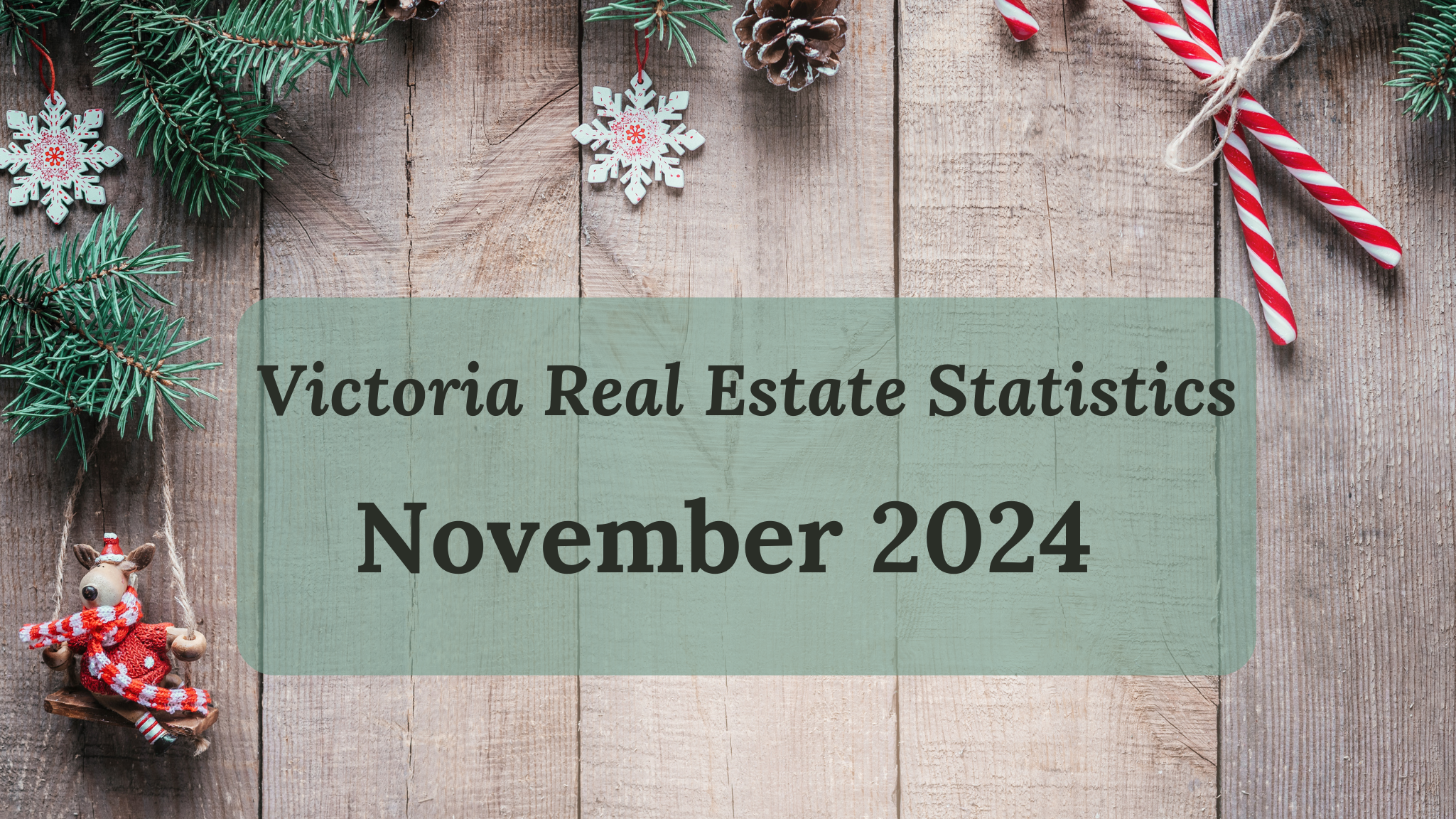Whether you are visiting family for the holidays or planning a relaxing winter getaway, ensuring the safety of your home while you're away is essential. Taking a few proactive steps can reduce the risk of break-ins, water damage, or other unforeseen issues, allowing you to enjoy your vacation worry-free.
Here's how to protect your home during holiday travel.
1. Secure All Entry Points
Before leaving, double-check that all doors and windows are securely locked. This includes the obvious front and back doors and less commonly used entry points like basement windows, garage doors, and sliding patio doors. If your locks are outdated, consider upgrading to deadbolts or smart locks for added security. And don't forget to secure your garage. If your garage has an automatic door opener, unplug it while you're away to prevent hackers from accessing the system.
2. Install a Security System
A home security system is one of the most effective ways to deter potential burglars. Modern systems include cameras, motion detectors, and door/window sensors that can be monitored remotely through your smartphone. Many systems also allow you to receive real-time alerts about unusual activity. If you already have a security system, ensure it's in working order before leaving. Visible security cameras and signs indicating a monitored system can be strong deterrents.
3. Use Smart Home Technology
Smart home devices can make your house appear occupied even when you're not there. Smart lights can be programmed to turn on and off at random intervals, mimicking your usual routine. Smart blinds can also open and close periodically. These small adjustments can make your home less of a target. Some devices allow you to monitor your home remotely. Smart thermostats, for example, let you control the temperature to prevent issues like frozen pipes without wasting energy.
4. Enlist Help from Neighbours
A trusted neighbour can be one of your best resources for protecting your home. Ask them to monitor your property, collect mail, and bring in packages or newspapers to avoid signaling an empty home. Leave them a key and contact information in emergencies. Depending on the season, you might also consider arranging for someone to shovel snow or maintain the yard to keep up appearances.
5. Don't Advertise Your Absence
While sharing holiday plans on social media is tempting, avoid posting details until after you return. Announcing your travel plans publicly can inadvertently alert potential burglars. Instead, keep your plans limited to trusted friends and family.
6. Prepare for Emergencies
Unforeseen events like water leaks, electrical issues, or power outages can cause significant damage if left unattended. Before leaving, turn off the main water supply to prevent leaks or install a water leak detector with automatic shut-off capabilities. Unplug non-essential electronics to avoid the risk of electrical fires or power surges. Additionally, ensure your smoke alarms and carbon monoxide detectors are working properly. If possible, install devices that send alerts to your phone in an emergency.
7. Create the Illusion of Occupancy
Leaving a car in the driveway or having a neighbour park there occasionally can create the impression that someone is home. Similarly, timed outdoor lights can add to this illusion.
Taking these steps can significantly enhance the safety of your home during your holiday travel. By combining modern technology, good neighbourly relationships, and a bit of strategic planning, you can enjoy your trip with peace of mind, knowing your home is well-protected.








